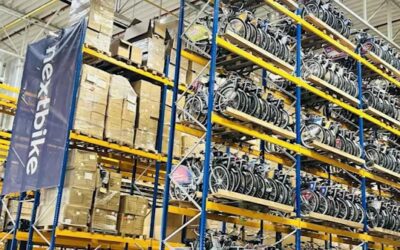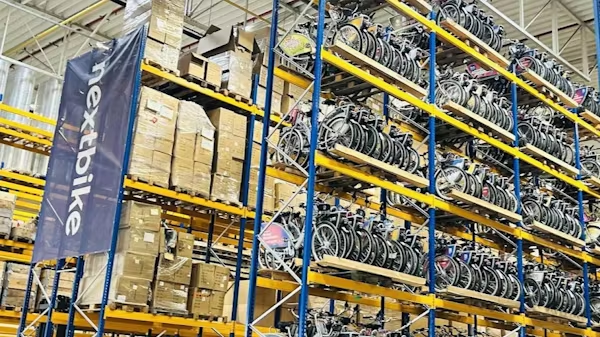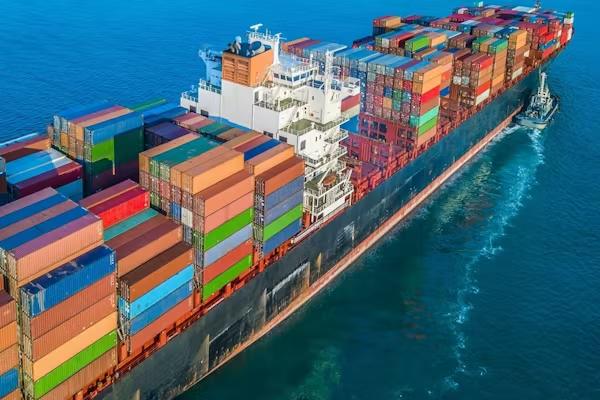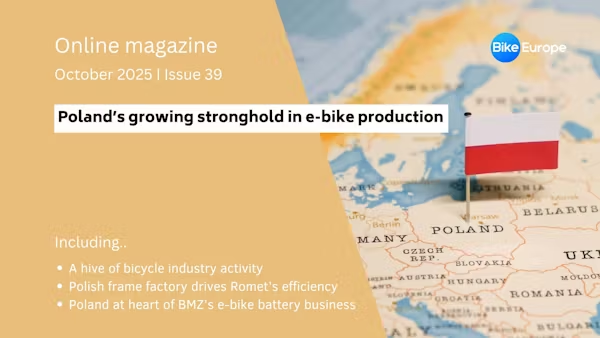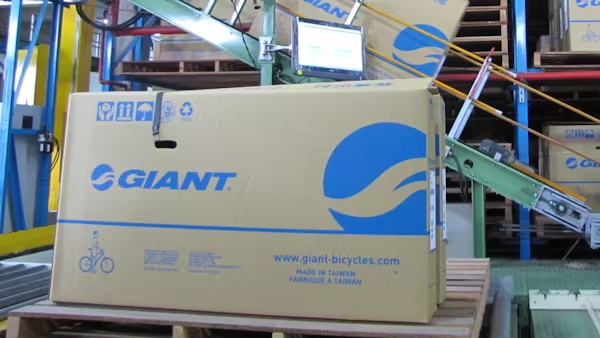Cycling towards Change: The EU-Malaysia Free Trade Agreement Impact on the Bicycle Industry
As cycling enthusiasts, we often celebrate the joy of pedaling through our favorite trails, but changes in the global economy can significantly impact our rides. The recent announcement that the European Union (EU) and Malaysia are set to negotiate a free trade agreement (FTA) could bring about a substantial shift in the bicycle industry landscape. With Malaysia being home to key suppliers for major cycling brands, this agreement may usher in a new era of affordability and innovation for cyclists across Europe.
Boosting Bicycle Affordability
One of the most immediate effects of the EU-Malaysia FTA could be reduced costs for bicycles and components. Currently, import tariffs can inflate prices for cyclists in the EU, making quality products less accessible. By eliminating these tariffs, we can expect to see an array of affordable bicycles hitting the market, benefiting both casual riders and serious enthusiasts alike. Imagine being able to purchase your dream bike without a hefty price tag. This potential change could make cycling more popular and promote a greener lifestyle across the continent.
Strengthening Supply Chains
Another promising aspect of this agreement is its potential to strengthen the supply chains within the bicycle industry. Malaysia is home to Kwang Li Industry, a significant supplier for Shimano, which produces essential cycling components like gears and brakes. A closer economic relationship with the EU may lead to more efficient and streamlined supply chains, reducing lead times and improving product availability for retailers. This increased efficiency could result in more innovative bike technologies coming to market faster, giving cyclists access to the latest advancements in their sport.
Environmental Considerations
As we welcome the prospects of enhanced bicycle affordability and innovation, it’s also crucial to consider the environmental implications of increased trade. While the FTA could deepen cycling trends, leading to a rise in commuting and outdoor activities, it’s essential for both the EU and Malaysia to prioritize sustainable practices during negotiations. Focused efforts on eco-friendly manufacturing and transportation options can ensure that the cycling boom contributes positively to our planet.
As an avid cyclist, I believe participating in the upcoming shifts of the industry can be a community effort. Supporting local bike shops, favoring eco-conscious brands, and staying informed about international developments can empower us to make more responsible choices in our cycling journeys. Let’s embrace the excitement of change while advocating for a sustainable future for our sport.
Conclusion: What’s Next for Cyclists?
The road ahead is thrilling but comes with responsibilities. As the EU and Malaysia negotiate their free trade agreement, we may see both challenges and opportunities within the bicycle industry. Embracing these changes could lead to more affordable and innovative bicycles, enhancing our cycling experiences. However, it’s equally vital that we remain conscious of sustainability and ethical practices. By staying informed and engaged, we can contribute to a cycling future that is not only exciting but also responsible. Happy riding!
Original article: Click here



